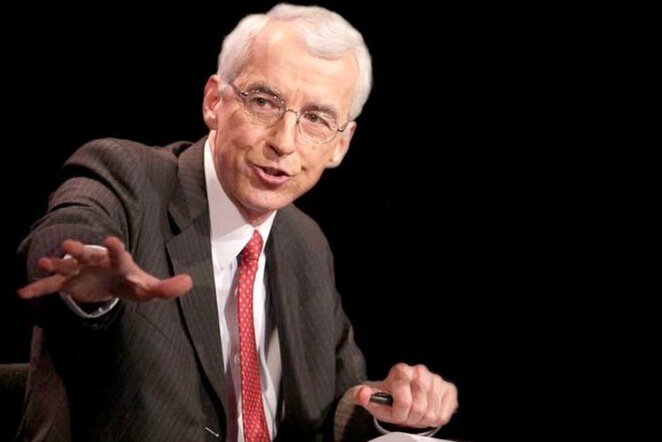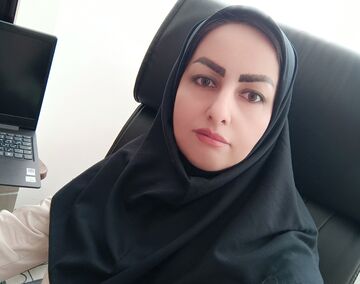TEHRAN(Bazaar) – Professor Paul Pillar, who was CIA intelligence analyst for 28 years, says Getting Iran to sign on to any such interim arrangement is the biggest uncertainty.
He adds that “There no doubt would be a fear among Iranian leaders that the interim formula could become permanent, and Iran would still be under substantial sanctions.”
Following is the text of the Bazaar interview with Professor Paul Pillar:
Bazaar: Axios has stated that the United States is seeking an interim agreement with Iran in order to gain the necessary time to negotiate a better agreement. What is your assessment of the solution?
Pillar: Such an interim deal, if it were shaped in a way to make it acceptable to both the United States and Iran--a big "if"--might provide a way out of the current impasse. At least it would offer some sense of diplomatic momentum rather than continued stalemate.
Bazaar: Three American and Israeli sources told Axios that US National Security Adviser Jake Sullivan, in a meeting with his Israeli counterpart, came up with the idea of reaching an interim agreement with Iran to allow time for nuclear talks. Why is this idea put forward by a European country currently being considered by the United States?
Pillar: The Biden administration still does want to conclude a deal. It realizes it needs to make use of any potential workable ideas, regardless of the source.
Bazaar: According to US sources, such an idea means that in the face of a halt to 60 percent enrichment in Iran, the United States and its allies would release some of Iran's blocked funds to provide sanctions exemptions for humanitarian goods. Given that nuclear progress is Iran's bargaining chip to lift all sanctions, will Iran accept the offer?
Pillar: Getting Iran to sign on to any such interim arrangement is the biggest uncertainty. There no doubt would be a fear among Iranian leaders that the interim formula could become permanent, and Iran would still be under substantial sanctions. There is, however, the precedent of the JPOA, the preliminary agreement that was reached prior to conclusion of the JCPOA.
Bazaar: This is still an immature idea, and the Biden administration continues to insist that the 2015 nuclear deal be fully revived, but given the plan to resume nuclear talks on November 29, the proposal would at least provide an opportunity for U.S. government work on it. What is the benefit of this interim agreement for the United States and will it satisfy its allies as well?
Pillar: The main benefit for the US is to avoid complete diplomatic failure on this issue, which would lead many to conclude that the JCPOA was dead. The Europeans likely would welcome the progress that an interim agreement would entail. The Israels, with whom Sullivan was conferring, will oppose it because they oppose any agreement with Iran.
Bazaar: What is your assessment of the International Atomic Energy Agency's new report about Iran before the start of the nuclear talks?
Pillar: The IAEA reports that Iran is getting close to having enough uranium enriched to either the 20% or 60% level that, if it were enriched further to weapons grade, would be enough for one nuclear weapon. If that threshold is crossed in the next few weeks, there will be much more alarmist talk, including about possible military attacks.















نظر شما